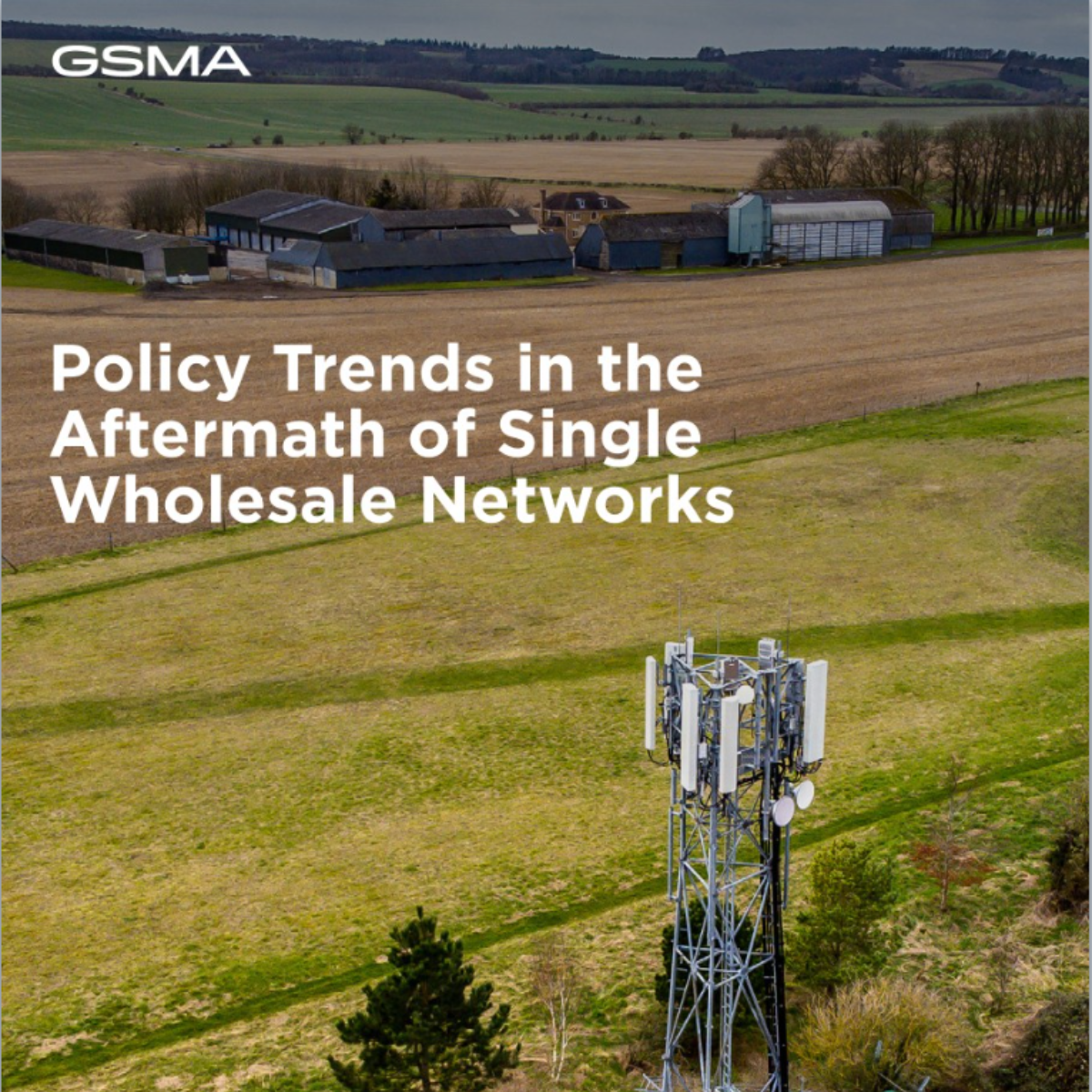Malaysia set to roll out second 5G wholesale network
Malaysia set to roll out second 5G wholesale network The current state of Digital Nasional Berhad's (DNB) leadership does differ from its initial structure. As of today, January 15, 2024: No Chairman: The position of Chairman has been vacant since April 2023, following the resignation of the previous chairman. Two Board Members: Currently, DNB has only two remaining board members. This is significantly smaller than the planned size of the board, which was initially set at seven members. This situation has raised concerns about potential governance issues and a lack of strong leadership at DNB. Some stakeholders argue that the absence of a full board and chairman could hinder the decision-making process and negatively impact the rollout of 5G infrastructure in Malaysia. The government has acknowledged these concerns and has assured the public that they are actively searching for qualified candidates to fill the vacant positions. However, there is no official...

